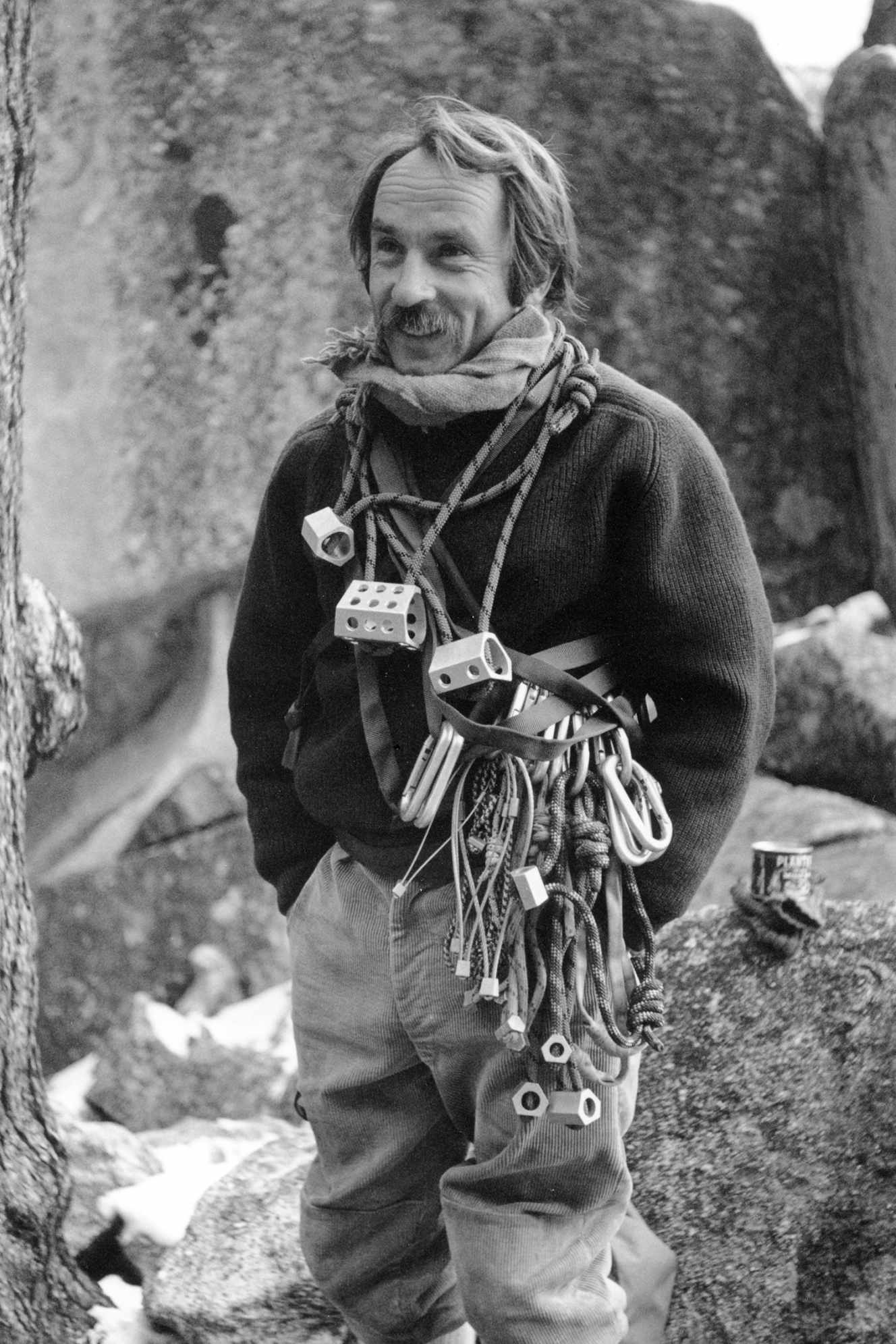
Yvon Chouinard said any profit not reinvested in running the business would go to fighting climate change. The label has amassed a cult following due to sustainability moves like guaranteeing its clothes for life and offering reasonably priced repairs. It is famous for an advert titled “Don’t buy this jacket” asking shoppers to consider costs to the environment. The brand’s website now states: “Earth is now our only shareholder.”
Mr Chouinard has always said he “never wanted to be a businessman”. A rock climbing fanatic, he started out as making metal climbing spikes for himself and his friends to wedge into rocks, before moving into clothing and eventually creating a hugely successful sportswear brand with a cult following. Founded in 1973, Patagonia’s sales were worth around $1.5bn this year, while Mr Chouinard’s net worth is thought to be $1.2bn. But he has always shied away from his wealthy status, telling the New York Times he was “horrified to be seen as a billionaire”. He claimed that profits to be donated to climate causes will amount to around $100m (£87m) a year, depending on the health of the company.
“Despite its immensity, the Earth’s resources are not infinite, and it’s clear we’ve exceeded its limits,” the entrepreneur said of his decision to give up ownership. “Instead of extracting value from nature and transforming it into wealth, we are using the wealth Patagonia creates to protect the source.”
The firm’s marketing campaigns – focused around asking people to buy only what they need – have not dampened sales and critics have argued by raising its prominence it has encouraged more spending rather than less. Prices are relatively high with jumpers, for example, costing around £200 and T-shirts around £40, but the company argues the cost reflects the fact its clothes are meant to be last a lifetime. The Californian firm was already donating 1% of its annual sales to grassroots activists and committed to sustainable practices. But in an open letter to customers, the apparently reluctant businessman said he wanted to do more.
He said he had initially considered selling Patagonia and donating the money to charity, or taking the company public. But he said both options would have meant giving up control of the business. “Even public companies with good intentions are under too much pressure to create short-term gain at the expense of long-term vitality and responsibility,” he said.
➔ Read the full article on BBC
